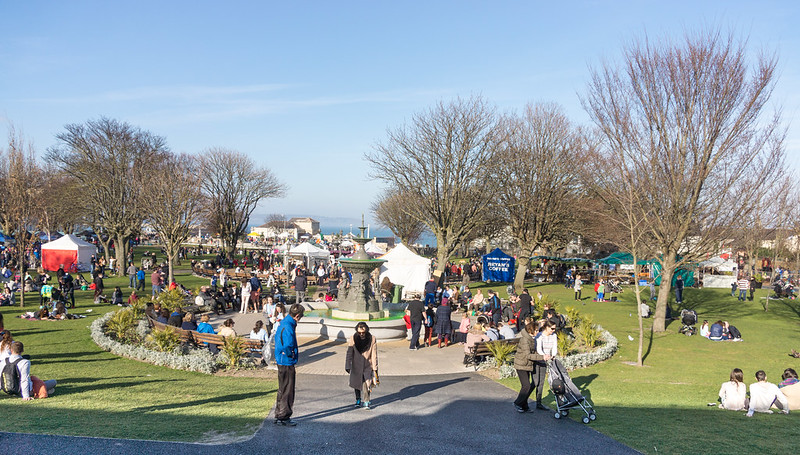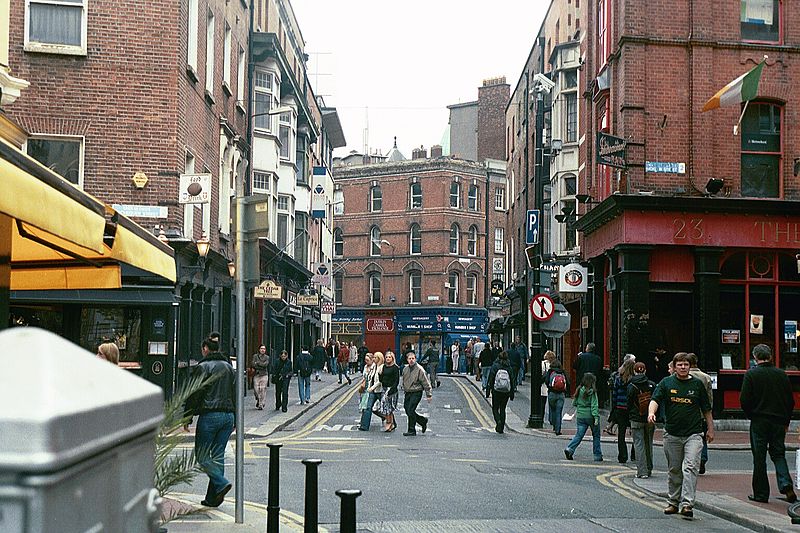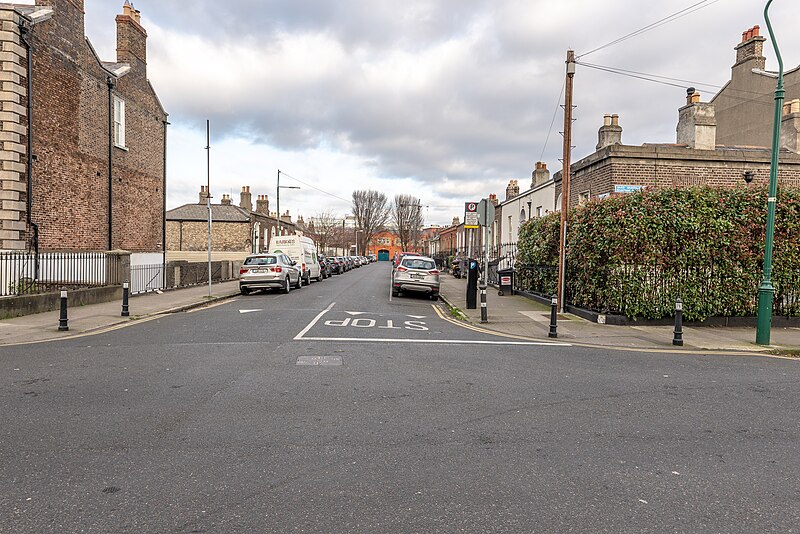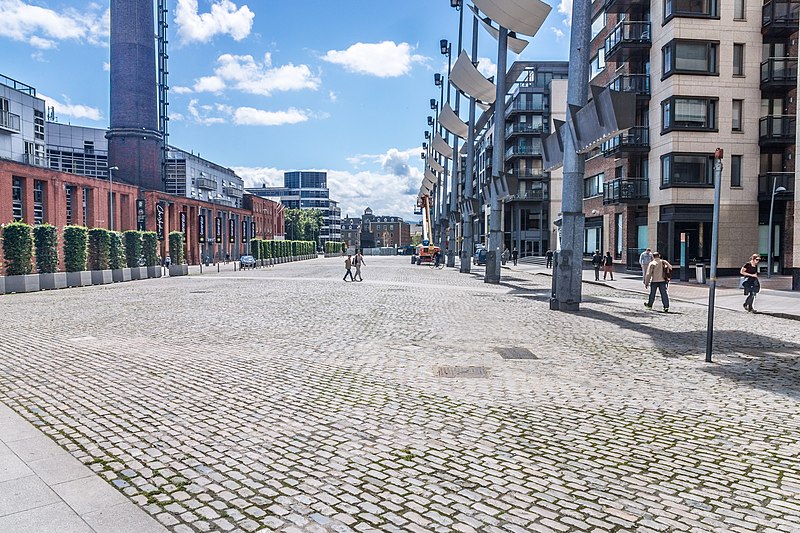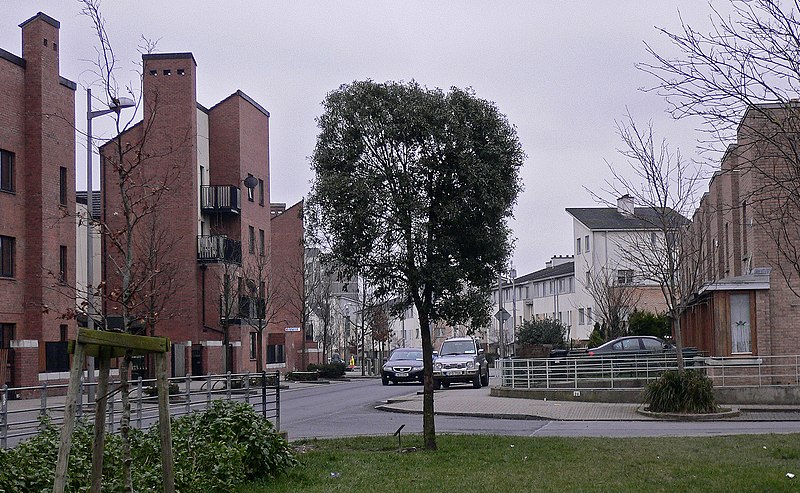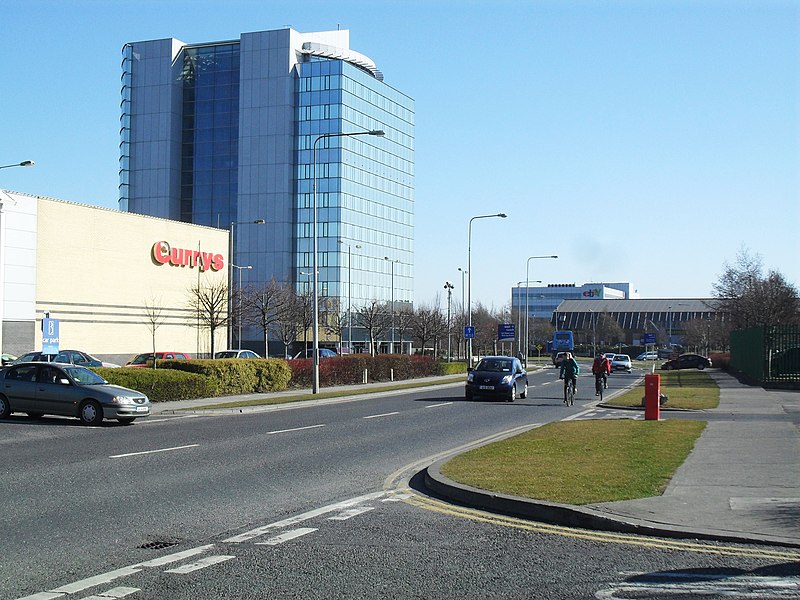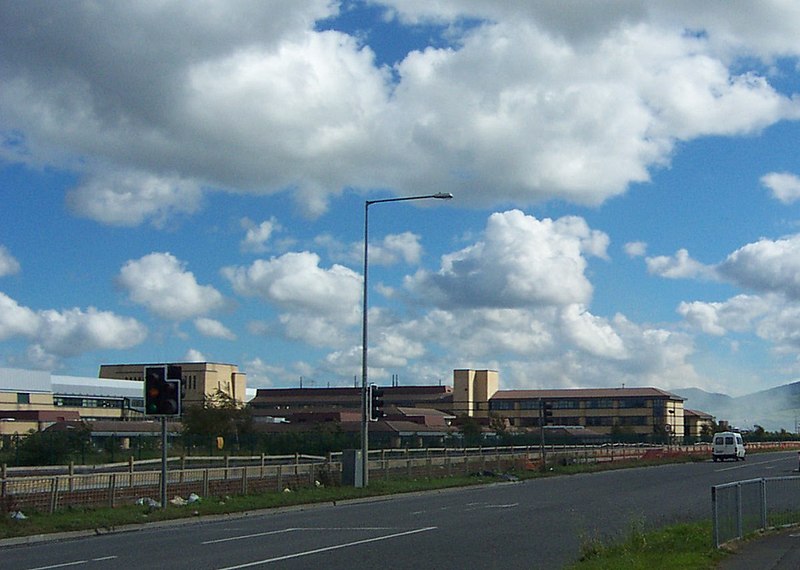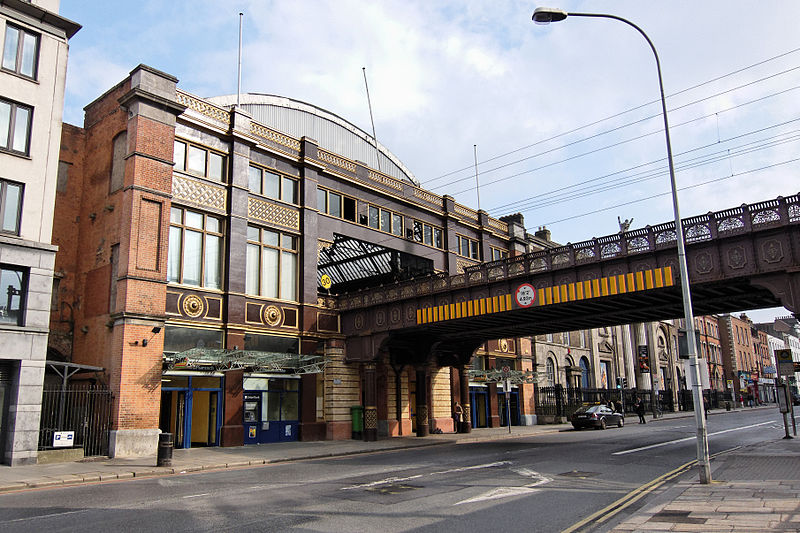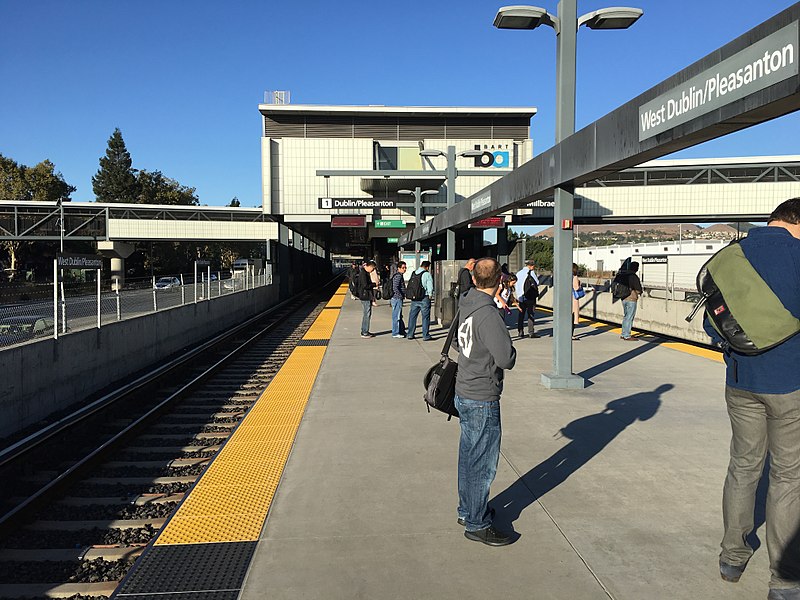Is Dublin safe? This question has been on the minds of many travelers, considering the recent global events and concerns about safety in major cities. In this article, we aim to provide a comprehensive and up-to-date analysis of the current safety situation in the vibrant and iconic capital of Ireland.
Dublin, Ireland’s dynamic capital, is a welcoming and exciting destination thanks to its fascinating history, unique culture, and friendly locals. This is a city that has something for everyone, from its historic buildings like Trinity College and Dublin Castle to its lively pubs and picturesque streets.
Nonetheless, Dublin has its fair share of safety concerns that locals and tourists alike should be aware of.
In this guide, we’ll learn more about the issue of safety in Dublin, and look into some tips for a risk-free trip to this beautiful metropolis.
Things you'll find in this article
Is Dublin Safe? What You Need To Know (2025)
Related Read:
- Dublin Travel Guide: Best Places To Stay, Eat And See (For 2025)
- Dublin Tours: The 10 Most Unusual Tours In The City
- 3 Days in Dublin: Itinerary With Maps and Tips (For 2025)
- 10 Best Day Trips From Dublin (Cost, Transport and Tips For 2025)
- 10 Things To Do in Dublin With Kids (For 2025)
- 10 Free Things To Do In Dublin, Ireland (For 2025)
Is Dublin Safe?
Yes! Despite its reputation as the least safe area in Ireland, Dublin is nevertheless a relatively safe location to visit. Plus, Ireland consistently ranks among the safest countries in the world.
The vast majority of locals are warm and welcoming, eager to help visitors feel at home during their stay. Most people want to lend a hand when they see that it is needed.
You shouldn’t be concerned about traveling to the city. Still, it’s necessary to take measures to protect your safety as you embark on any trip.
Safety Concerns In Dublin
Public Transportation

Road congestion is a common problem in Dublin because of the city’s size and population. There are more vehicles on the roads during rush hour, and impatience can lead to accidents. Please be cautious when walking, driving, or bicycling near roads, and always look both ways before crossing.
Taxi fraud is an issue in some large cities, even Dublin, so be sure to only get into a legitimate cab. Taxi drivers are required to prominently display their licenses and identification cards, and their vehicles are easily distinguished by their distinctive yellow roof plates.
Pickpockets
Pickpockets in Dublin target American visitors more than any other nationality. Keep your belongings to a minimum and your senses on high when you’re out and about in the busier parts of town.
Visitors, whether those going to sights alone or in large groups, should be on high alert. The areas, notably in the direction of Grafton Street, Connolly Railway Station, and Heuston Station, are home to a disproportionate number of crooks.
Terrorism
Dublin has not experienced significant terrorist incidents in recent years. The city has a generally low threat level when it comes to terrorism, and the Irish government has implemented robust security measures to ensure the safety of residents and visitors.
However, it is always advisable to stay informed about the latest travel advisories and adhere to any local guidelines to ensure a safe and enjoyable visit to Dublin.
Safety for Solo/Female Travelers
Dublin is a great place to test the waters of solo travel. There is a lot to do in this exciting city, and the locals are always prepared to lend a hand if you run into trouble.
When exploring a new area at night, especially if you’re traveling solo, it’s important to take extra precautions. For your protection, stick to well-lit locations.
If you’re a woman traveling alone, you’ll be happy to know that Ireland ranks first on the Bounce Women Travel Safety Index as one of the safest nations in the world.
As long as you exercise the same level of caution abroad as you would at home, visiting Ireland is a risk-free experience for solo female travelers.
Don’t go wandering about at night in sketchy neighborhoods, and never, ever accept food or drink from strangers. If a woman is traveling alone, she should never reveal her accommodations to an unknown person.
Night Safety
Dublin is rather safe after dark, but it’s always important to remain cautious.
The evening hours are prime time for a night out on the town. Still, there are infrequent but real incidents of physical violence that might occur when people have been drinking heavily and their tempers flare. You should avoid getting into any form of altercation at all costs.
If something were to happen to you, walking in well-lit areas where people might see you would be your best bet. Staying in groups is also safer than walking alone at night. More people means more protection.
Safe Neighborhoods
Some parts of Dublin are indeed a lot safer than others. If you want to know where to stay to guarantee a peaceful and secure holiday, here are some of the safest areas in Dublin.
Dublin City Center
In and around Dublin’s downtown area, you may pick from a wide variety of high-quality hotels and other lodging options. The area is also close to the city’s major points of interest such as Trinity College, Temple Bar and St. Stephen’s Green. You also won’t have to worry about getting lost on a deserted street because of the constant foot traffic in these locations.
Portobello
Another fantastic Dublin neighborhood is Portobello. This neighborhood is bustling and welcoming, and it’s only a ten-minute stroll from the heart of town. You shouldn’t feel unsafe while visiting here because of its reputation for visitor safety.
Smithfield
Smithfield is another excellent neighborhood in Dublin. Thanks to extensive revitalization in recent years, Smithfield is now home to more reasonably priced lodging options and a thriving café scene, all within easy walking distance from the city center.
Places to Avoid
When compared to other major cities, Dublin is a safe destination. Some places, however, have much greater crime rates than others due to factors including more drug-related violence, alcohol-fueled violence, and other minor offenses.
Ballymun
Ballymun boasts several beautiful landmarks. However, it falls a little short because of its high crime rates. Gangs congregate there and regularly commit vandalism. If you are a tourist who values their safety, you might want to steer clear of Ballymun.
Blanchardstown
The Blanchardstown shopping district is a must-visit. However, the crime rate is quite high there. Between 2003 and 2019, police in this area dealt with 95,371 incidents, as reported by the Central Statistics Office.
Tallaght
Many Dubliners consider Tallaght to be among the city’s most dangerous neighborhoods. One hundred thousand crimes were reported in Tallaght between 2003 and 2019. Because of this, you should probably refrain from doing it or do it with extreme caution.
Pearse Street
The crime rate is especially high on Pearse Street. In addition to hijacking, extortion, and robbery, they also have the highest rates of fraud, attempted murder, and public order offenses in the country.
West Dublin
Finglas, Clondalkin, Lucan, and Blanchardstown make up Dublin West, another area of the city with a high crime rate. This has resulted in certain route adjustments for city buses that serve this area.
Safety Tips
1. Do not venture out at night or in deserted areas. When going anywhere, you should always go in pairs. The city center is usually patrolled by Garda, so you can go to them if you feel unsafe.
If there is no Garda in sight, you can always ask for assistance in a nearby store. Dial either 999 or 122 to reach the emergency services in an urgent situation.
2. Never let your guard down.
Keep your wits about you, especially when at night. It’s a little too simple to fall under the spell of a city like Dublin. With only a few truly distinctive attractions, tourists are best served by sticking to the well-trodden paths. Pickpockets prey on tourists, especially those in popular areas.
3. When on public transportation or sitting down at a café or restaurant, it is especially important to keep all of your belongings close at hand and your valuables safe. Pickpockets prey on tourists in every major city.
Be cautious, use good judgment, and avoid getting drunk whenever possible in the city.
4. Get familiar with Dublin’s important emergency numbers.
In Dublin, help is never far away if you are a victim of a crime or a witness. You’ll find that many stores have their security personnel, and the police are always close by if you need them. Keep your embassy’s contact information handy in case of need when abroad.
● Ambulance and Fire Brigade: 112 or 999
● Tourist Assistance Service: 1890-365-700
● Samaritan: 353-116-123
● Store Street Garda Station: 00 353 (1) 661 0562
● Garda: 00 353 (1) 666 9000
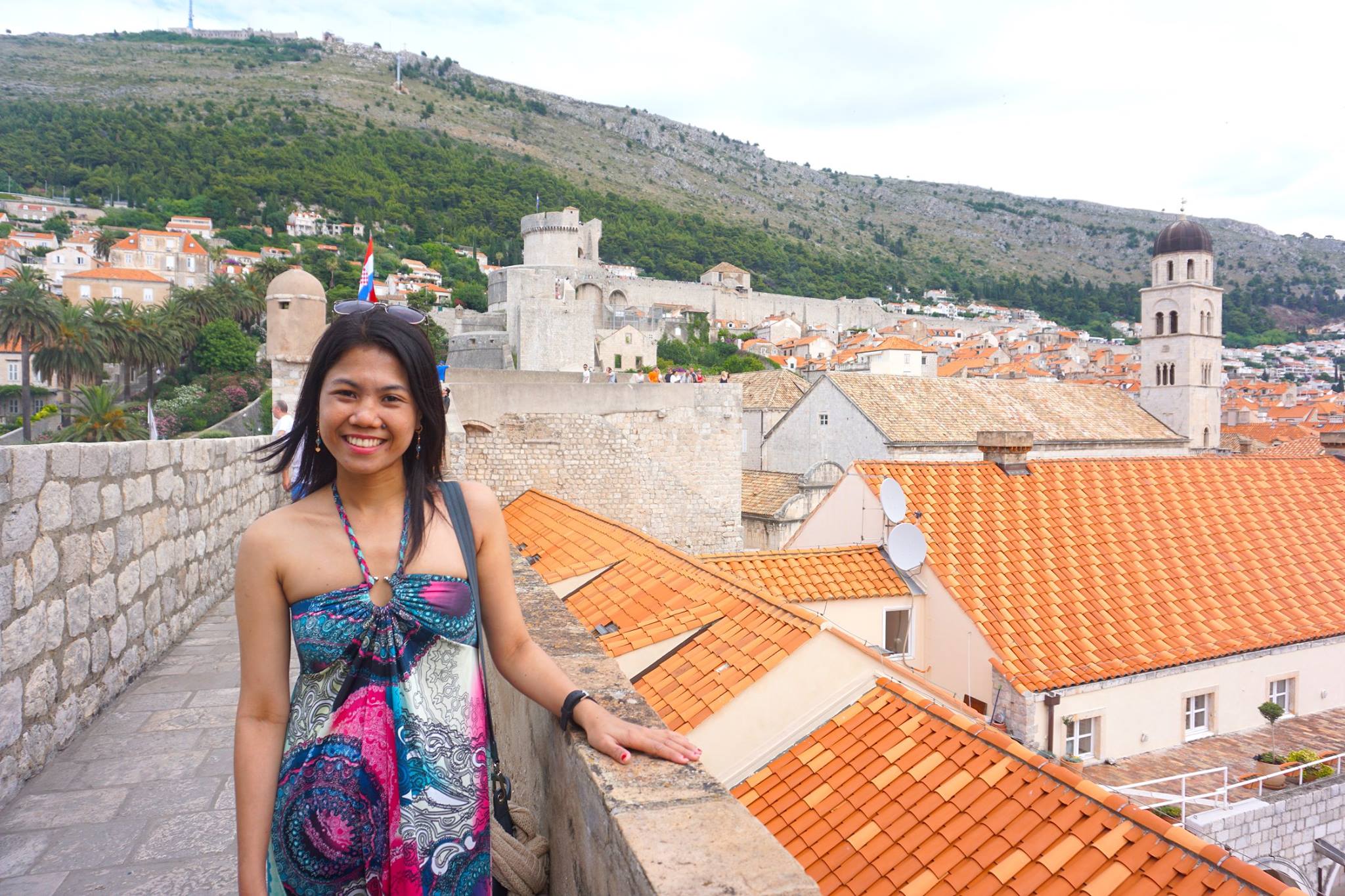
Hi, I’m Christine – a full-time traveler and career woman. Although I’m from the Philippines, my location independent career took me to over 60 countries for the past 12 years. I also lived in 4 continents – from the Caribbean, South East Asia, Africa and now in Europe. But despite living in several countries, my love for Ireland remains the same. A country that had been a part of my life since I was 14 because of my love for Irish music and bands. Ireland Travel Guides was born because of this passion and hopefully, in some little ways, this website will be able to help you on your next trip to Ireland.
